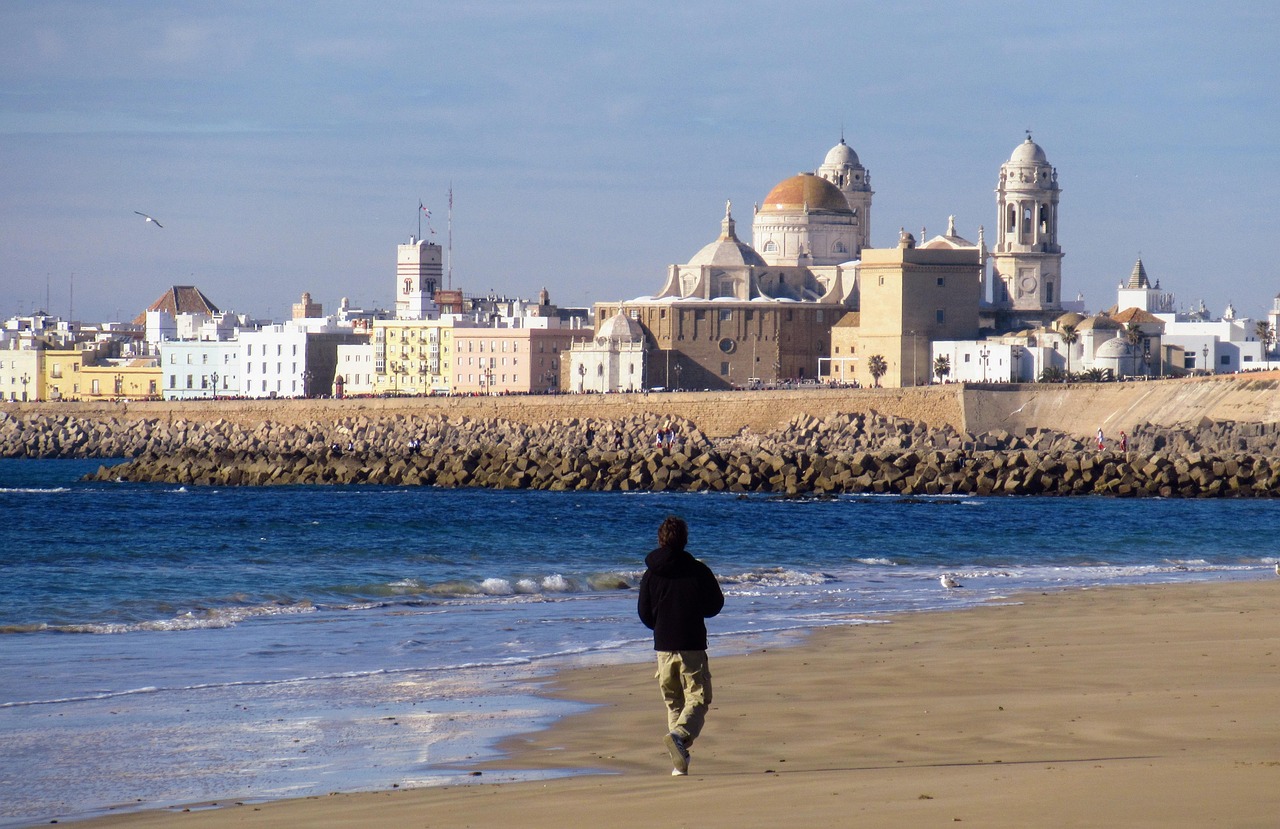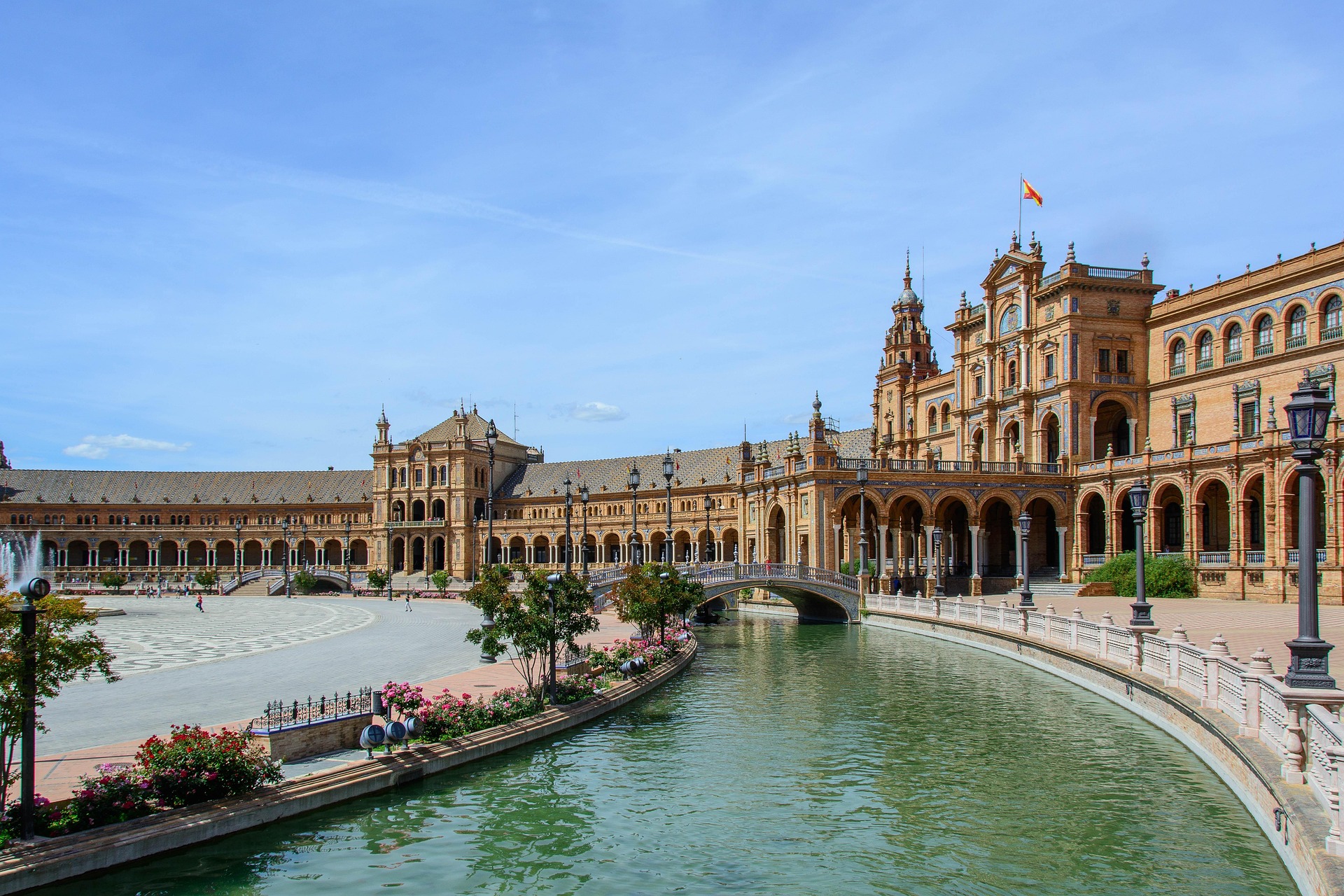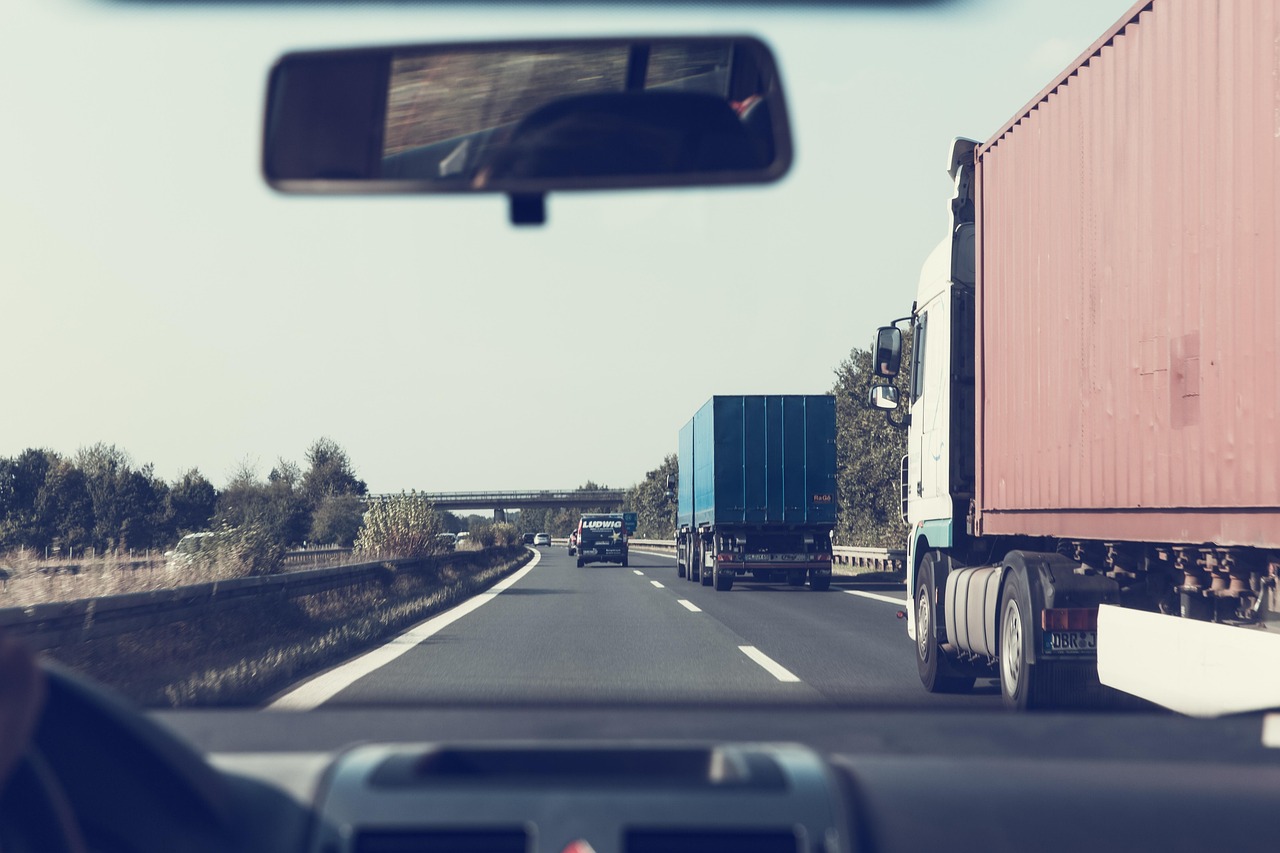We’d parked up by the dunes at Bolonia thinking it’d be quiet. It was at first. White sand, one bar still open, smell of fried fish and saltiness. The man behind the counter told me, “If the wind starts, you’ll hear it before you feel it.” He was right about that.
By midnight the van was moving enough to rattle the plates. Mary tried to read but gave up. “It’s fine,” she kept saying, which usually means it isn’t. I lay there counting the gusts. They came in waves from Tarifa, each one harder than the last. The Levante doesn’t whistle; it hums through everything. Straps, trees, vents, your own head.
At some point I made tea because that’s what you do when you can’t fix anything. The gas flame leaned sideways. Mary sat up and squinted at me.
“You’re serious?”
“Yep.”
She laughed. “Only an Englishman would make tea in a storm.”
“I need something to do.”
We sat there with the mugs warming our hands. The whole van shook now and then. She told me her aunt used to live near Tarifa, said locals blame the wind for bad moods, even arguments. I can see why. You start out calm and then the noise gets inside you.
Morning came slow. The sand had half-buried the tyres. The same man from the bar was sweeping, calm as ever. He waved and shouted, “See? The Levante never stays!”
Mary stretched, hair stuck to her face, coffee in one hand. “It’s beautiful here,” she said. “But I’d never sleep.”
“Maybe it’s not a place to sleep,” I said.
We drove inland toward Vejer. The air got still again, the road twisting through olive groves and cork trees. By the time we parked, the van felt lighter, like it had been scrubbed clean. I opened the window just to hear nothing for a while.



